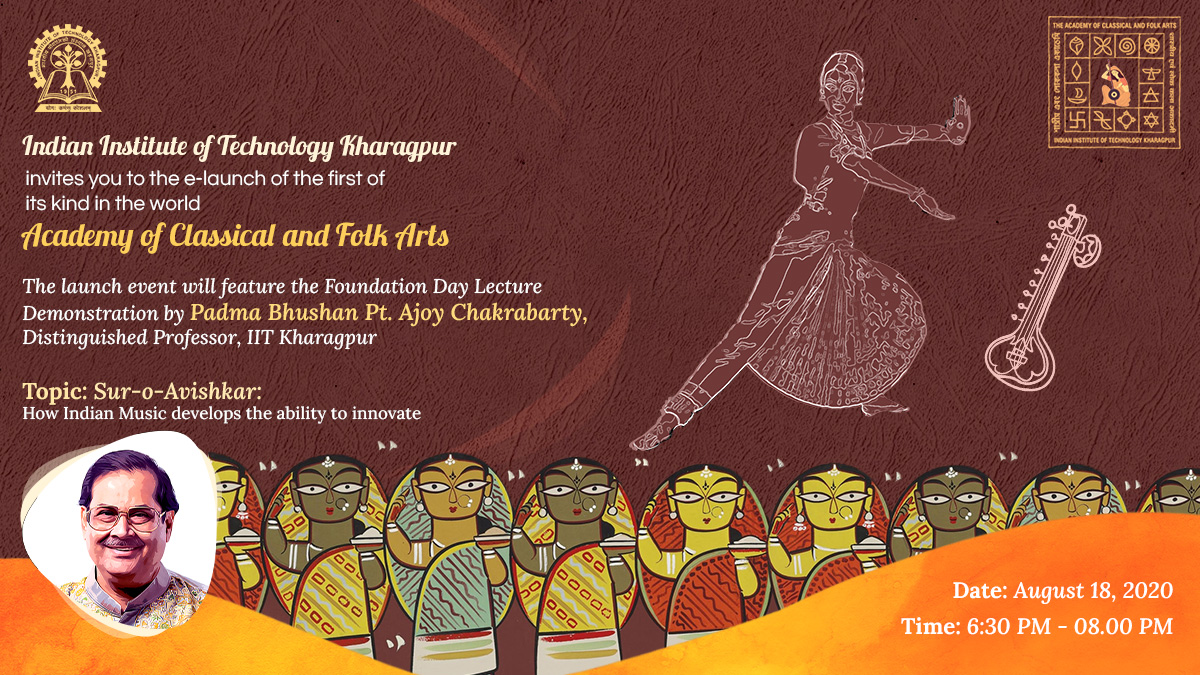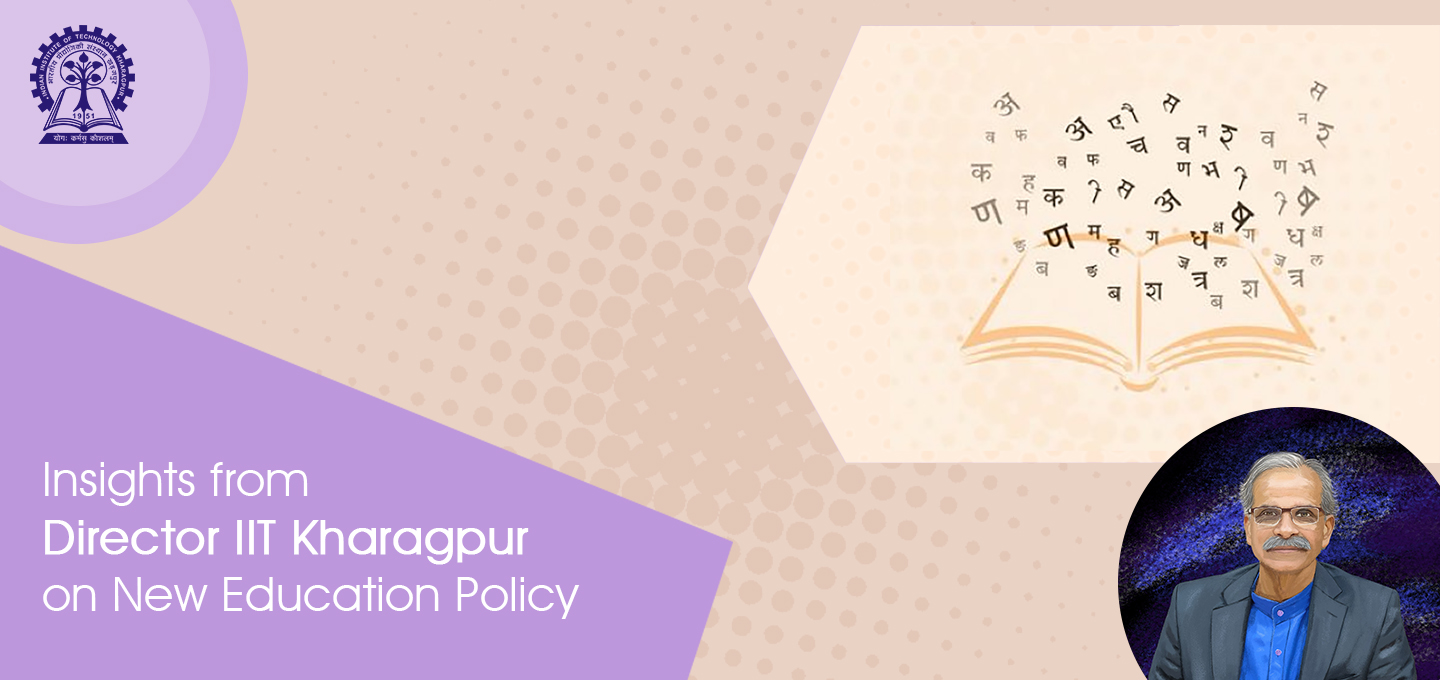
Music, Science and Technology find concurrence in Academics at IIT Kharagpur
IIT Kharagpur launches Academy of Classical and Folk Arts in the spirit of NEP2020 to inculcate the spirit of innovation and inclusive learning India Today Hindustan Times Times of India Indian Express LiveMint Education Times The New Indian Express CNBC TV 18 Times of India (PTI) Dainik Jagran Dainik Bhaskar Amar Ujala India Blooms The Tribune The Week Outlook Republic World The Telegraph NDTV On the occasion of its 70th Foundation Day, IIT Kharagpur inaugurated the Academy of Classical and Folk Arts on August 18, 2020. A first in the IIT system, the Academy aims to nurture the…

